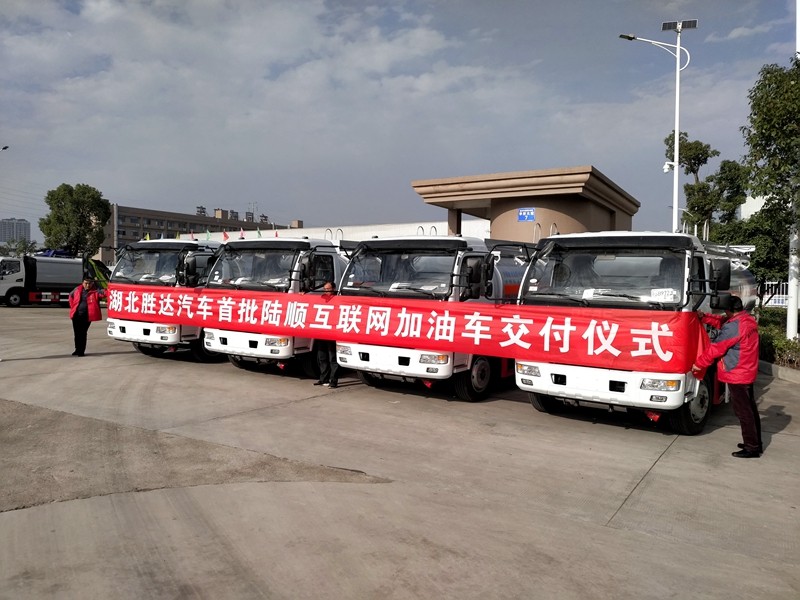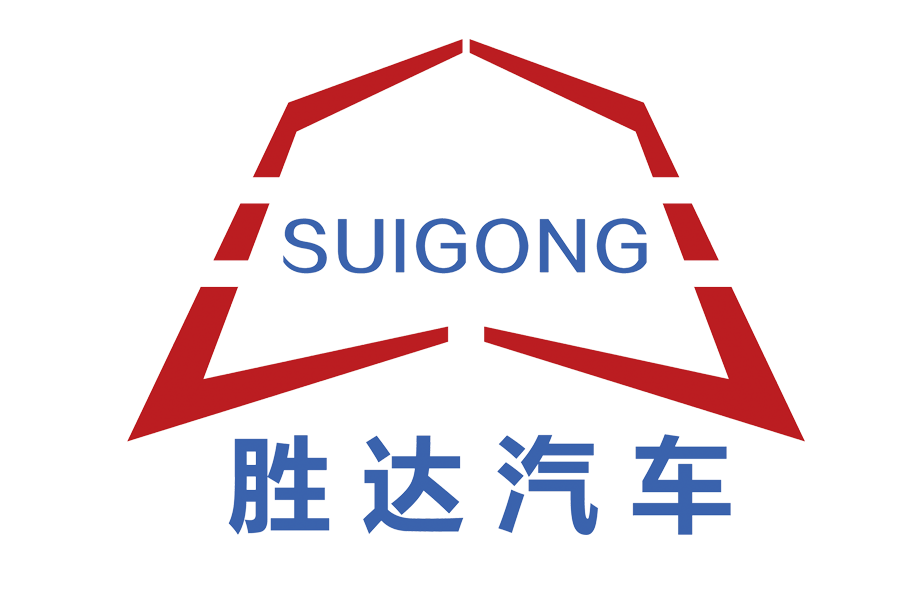Enhancing Tanker Truck Safety: A Global Push for Stricter Regulations
The importance of safety and regulatory compliance in the tanker truck industry has been thrust into the spotlight in recent years, with a series of high - profile incidents highlighting the need for stricter measures. From deadly accidents involving hazardous materials to food safety scandals linked to improper transportation, the sector is under increasing pressure to overhaul its practices.
In Europe, the tragic incident in Crespellano, Italy, on July 12 this year, served as a stark reminder of the risks. A diesel - carrying tanker truck collided with a Toyota Yaris, then careened into a GLS company square and struck a diesel storage tank, triggering a massive explosion. The driver, 61 - year - old Marino Boki, lost his life, and two elderly passengers in the Toyota were slightly injured. Preliminary investigations suggest a possible tire blowout, but authorities are leaving no stone unturned in their search for the exact cause. The rapid response of local police, gendarmes, emergency workers, and air medical teams underscored the critical nature of such incidents.
Meanwhile, in China, a food safety crisis emerged in 2024 due to the "mixed use of tanker trucks". Media exposés revealed that many general cargo tankers were transporting both edible liquids like syrup and soybean oil, and chemical liquids such as coal - based oil without proper cleaning. This reckless practice led to the contamination of edible oil with residual chemicals. Notable companies like Huifu Oil & Fat Group and Sinograin Oils & Fats (Tianjin) Co., Ltd. were caught up in the scandal. One involved vehicle was tracked shuttling between edible oil and coal - based oil manufacturers over a six - month period without adequate tank cleaning.
The Chinese government acted swiftly. On August 25, 2024, the Food Safety Office of the State Council condemned the incident as "extremely vile", stating it violated common sense, moral bottom lines, and legal red lines. Seven enterprises involved received administrative penalties. Taking a proactive step, the Standardization Administration of China announced on September 3, 2024, plans to formulate a mandatory national standard, "Hygienic Requirements for Bulk Transportation of Edible Vegetable Oils", to tighten controls on the transportation of edible oil.

Industry experts argue that these incidents are not isolated but point to systemic issues. John Smith, a veteran transportation safety consultant, notes, "Tanker trucks are vital for moving dangerous and essential goods, but their operation requires the highest level of diligence. In many cases, accidents and violations stem from a lack of proper training, inadequate vehicle maintenance, or a focus on cost - cutting over safety."
Around the world, regulatory bodies are responding. The European Union is considering updating its ADR (Agreement Concerning the International Carriage of Dangerous Goods by Road) regulations to include more rigorous checks on tanker truck maintenance and driver certification. In the United States, the Department of Transportation's Pipeline and Hazardous Materials Safety Administration (PHMSA) has proposed new rules mandating real - time monitoring of tanker truck conditions, including tire pressure and tank integrity.
For tanker truck operators, compliance is no longer optional. Investing in regular vehicle inspections, comprehensive driver training programs, and strict cleaning protocols for tankers used in food transportation is essential. "It's not just about avoiding penalties; it's about protecting lives and safeguarding public trust," says Lisa Wang, a logistics manager at a major international shipping company.
As the global community becomes more aware of the risks, the push for enhanced safety and stricter regulations in the tanker truck industry shows no signs of slowing down. Only through collective efforts from governments, enterprises, and industry professionals can we ensure that tanker trucks operate safely and responsibly, minimizing the threat to people and the environment.

